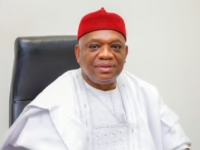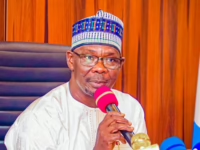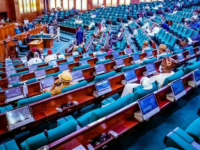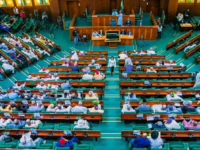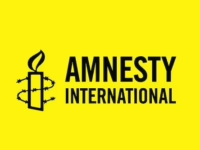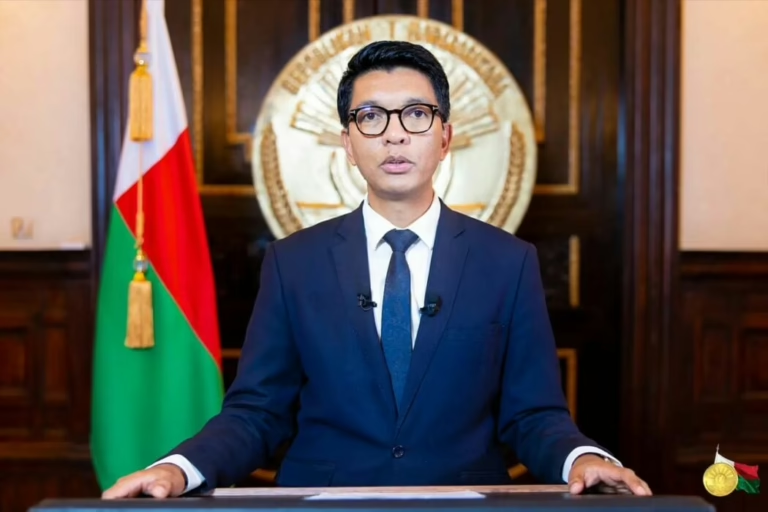Madagascar has plunged deeper into political turmoil as President Andry Rajoelina has reportedly fled the country amid widening anti-government protests and military defections.
Rajoelina, who was scheduled to address the nation at 17:30 GMT on Monday, abruptly postponed his speech for the second time in a week. The presidency cited threats by soldiers to seize control of state television as the reason for the delay.
According to Reuters, opposition leader and head of parliament’s minority bloc, Siteny Randrianasoloniaiko, claimed that the president departed Madagascar on Sunday after several army units defected and joined protesters.
“We called the staff of the presidency, and they confirmed that he left the country,” Randrianasoloniaiko told Reuters.
Citing a military source, Reuters reported that Rajoelina left aboard a French military aircraft, while French broadcaster RFI said he had reached an agreement with French President Emmanuel Macron.
In a related development, former Prime Minister Christian Ntsay and businessman Maminiaina Ravatomanga, a close ally of Rajoelina, also fled to Mauritius on Sunday, according to confirmation from the Mauritian government.
Before his reported departure, Rajoelina warned that a plot was underway to “illegally seize power”, as soldiers began openly aligning with protesters demanding his resignation.
Shortly after his statement, CAPSAT, an elite army unit, announced that it had taken control of the military command, claiming authority over all land, air, and naval forces.
Scenes of jubilation and tension unfolded across the capital, Antananarivo, on Sunday, as crowds of demonstrators cheered soldiers who joined their ranks. Military leaders were seen standing side by side with protesters, signaling a possible shift in loyalty away from the embattled president.
The day passed without immediate violence, but the atmosphere remained tense, with the president’s whereabouts unknown and questions mounting over who now controls the government.
What began three weeks ago as youth-led protests over chronic electricity blackouts and water shortages has since evolved into a mass movement dubbed “Gen Z Madagascar” railing against alleged corruption, nepotism, and economic hardship.
According to the United Nations, at least 22 people have been killed since the protests began, although the government disputes the figure. Civil society groups and labor unions have since joined the demonstrations, amplifying calls for accountability and leadership change.
Observers said the latest developments mark Madagascar’s most serious political crisis in years, recalling memories of Rajoelina’s own rise to power in a 2009 coup.
As of Tuesday, there has been no official confirmation from the presidency regarding the president’s whereabouts or the claims of a military takeover.





